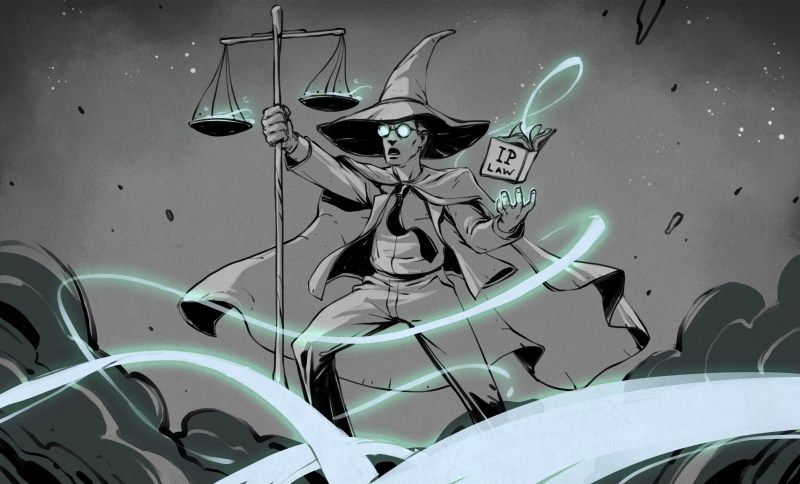
While it’s not normal Hackaday fare, we’ve covered the Dungeons & Dragons licensing kerfuffle, partially because we’re all nerds at heart, and also because it’s worrying that an Open Source styled license could be “deauthorized”. I did touch base with the Open Source Initiative, and got a telling comment that this issue was outside their purview, as the OGL 1.0a didn’t rise to the definition of an OSI approved license, and the update looked to be a disaster.
Since our coverage was published, Wizards of the Coast released part of the Fifth Edition System reference Document (SRD) under a Creative Commons license, removed the profit sharing language from the OGL update, but notably left the language in place about deauthorizing the 1.0a version of the license. As you can imagine, fans were still unamused, and we informed WotC of our displeasure when they launched a survey, asking fans their thoughts on the new license.
And the outpouring was overwhelming, with over 15,000 survey responses in just over a week. The vast majority (90% for some questions) informed WotC that they had lost their collective minds. That response, combined with a plummeting subscription count on DND Beyond, Paizo’s explosion of popularity and new ORC license announcement, and the plethora of publishers jumping ship, has finally shone the light of reason upon management at WotC.
The latest announcement is a win in basically every regard. The OGL 1.0a will not be deauthorized, and the entire 5e SRD has been released under the Creative Commons 4.0 By Attribution license. That’s an interesting choice, as CC-BY-4.0 is a very permissive license. It’s not “viral”, as it does not place any licensing restrictions on derivative works, and there are no restrictions on commercial use. The only restriction is that attribution must be included. The latest SRD is now available under both licenses, you pick your preference. So as a reward for going through the trauma, we get a sizable chunk of the game under an even less restrictive license. Bravo.
I’ve seen some complaints that WotC have not made the OGL 1.0a irrevocable, and I think that’s a misunderstanding of how licensing works. Wizards cannot change the text of the 1.0a OGL to include an irrevocability clause. The one action they could take to accomplish this would be to authorize a 1.0b revision of the license, and explicitly make that version irrevocable. While they’re at it, I’d suggest they clean up the language about authorization works, to remove the loophole the draft OGL license abused. I won’t hold my breath.
We should mention that this announcement doesn’t put any restriction on WotC for how they license the next iteration of Dungeons and Dragons. One D&D may very well ship with an updated license that contains some features of the leaked draft — and that’s OK. So long as it doesn’t include a measure to force the migration of already published content to the new license, updated terms are squarely within their rights as content creators. And now we wait to see, is this enough to save the sinking ship?
One of the other points we made in our previous coverage was that the Open Source software world would need to watch this situation carefully, and check its licenses for similar problems and loopholes. Interestingly enough, the Free Software Foundation, the arbiter of the GPL family of licenses, just announced a bylaws change. Any new or updated license will now require the approval of a supermajority of the FSF’s directors to sign-off on it. It’s hard not to see this as a response to, and protection against, the OGL drama. This means that a future GPL v4 has a higher hurdle to approval, giving us a bit more protection against a similar malicious license update.
